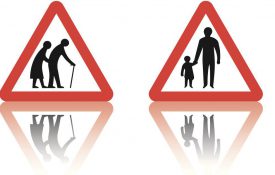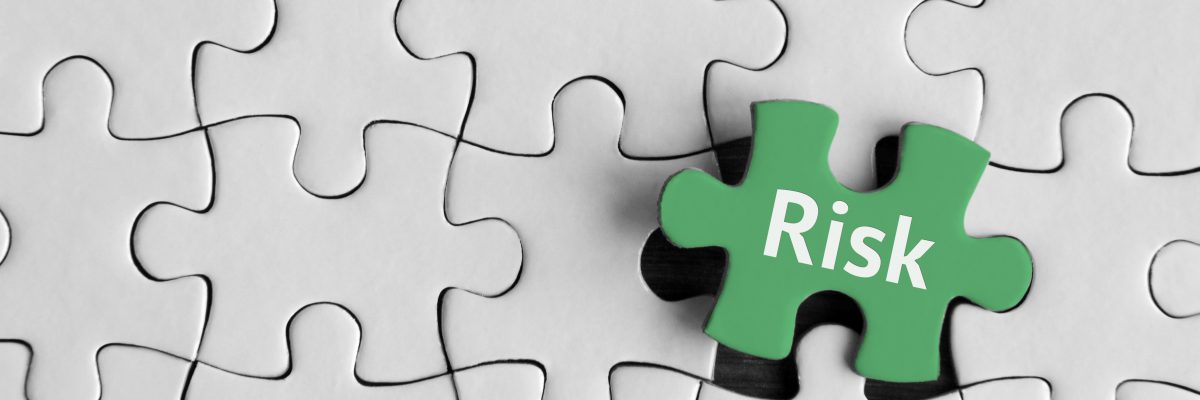
Research suggests that findings about human risk preferences also apply to risk-taking in chimpanzees, our closest evolutionary ancestor in the animal kingdom.

The role of exploration and risk taking in sustaining adolescent well-being and establishing social connectivity is the topic of a recent article published in Psychological Science. In this podcast, you’ll hear from the two authors: Natalie Saragosa-Harris and Catherine Hartley.
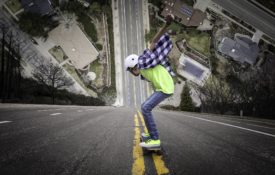
What explains our preference for human skill and instinct over technologies that have proven themselves better than us at driving, performing surgery, and making hiring decisions?

In his new book and his research, clinical psychologist and Oxford College of Emory University professor Ken Carter gets inside the minds of thrill-seekers, daredevils, and adrenaline junkies.
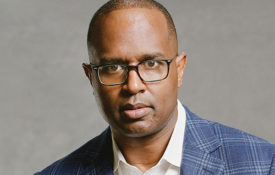
Reminders of God can make people more likely to seek out and take risks, according to research published in Psychological Science, a journal of the Association for Psychological Science. The findings suggest that people are

In order to be able to make sound health decisions, patients need to understand the risks and the benefits that come with medical treatments, screenings, and lifestyle choices. But many people have difficulty understanding the
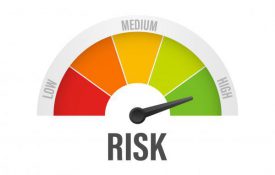
New experiments show that the experience of thinking fast makes people more likely to take risks. This discovery suggests that some of the innovations of the modern world—fast-paced movies, social media sites with a constant

A scientific review shows that a psychological intervention commonly employed to help victims who have just experienced a disaster lacks evidence supporting its effectiveness and may actually be harmful.
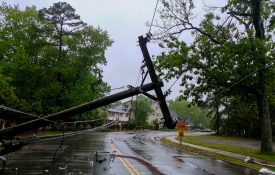
The swine flu (H1N1) pandemic has received extensive media coverage this year. The World Health Organization, in addition to providing frequent updates about cases of infection and death tolls, recommends hyper vigilance in daily hygiene
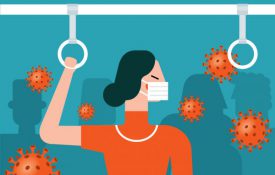
Research on vaccination behavior shows that the most effective interventions focus directly on shaping patients’ and parents’ behavior instead of trying to change their minds.
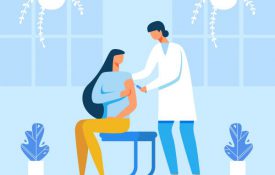
People’s propensity to take physical, social, legal, or financial risks typically decreases as they age, but not in countries with high poverty and income inequality, according to new research published in Psychological Science, a journal
